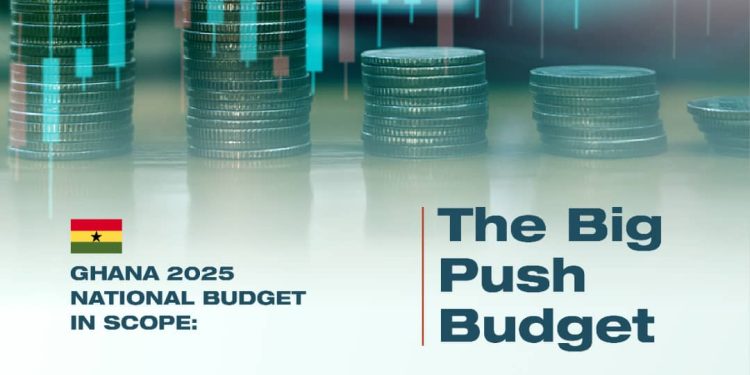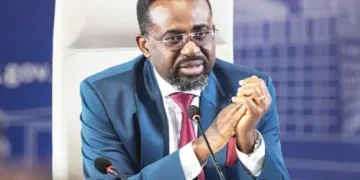BudgIT Ghana Commends Government on Tax Scraps, Calls for Strong Fiscal Responsibility Measures
BudgIT Ghana has welcomed the government’s decision to scrap the Electronic Transfer Levy (E-Levy), Emissions Levy, COVID-19 Levy, and Betting Tax in the 2025 National Budget, which was presented on March 11, 2025, by the Finance Minister, Dr Cassiel Ato Forson.
The organisation views these tax cuts as a progressive step toward reducing the financial burden on Ghanaians and fostering economic recovery.
The removal of these controversial taxes aligns with long-standing demands from civil society organisations and the general public, who argued that such levies negatively impacted consumer spending, business growth, and digital transactions. Additionally, BudgIT Ghana has lauded the government’s move to uncap statutory funds, particularly the Ghana Education Trust Fund (GETFund) and the National Health Insurance Scheme (NHIS), which is expected to enhance funding for critical sectors such as healthcare and education.
Concerns Over Fiscal Sustainability
Despite the positive outlook, BudgIT Ghana has raised concerns over the potential fiscal impact of the tax cuts, cautioning that the government must adopt stringent fiscal responsibility measures to prevent excessive borrowing and ensure sustainable public expenditure.
To ensure the 2025 budget benefits all Ghanaians, BudgIT Ghana has outlined the following key recommendations:
Strengthening Revenue Mobilization Without Overburdening Citizens – The government is urged to expand the revenue base through progressive taxation, enhanced tax compliance, and digital innovations, rather than relying on indirect levies that disproportionately affect low-income earners.
Improving Transparency and Accountability – The organization stresses the need for clear reporting mechanisms to ensure that uncapped statutory funds are allocated efficiently and utilized for their intended purposes.
Enhancing Expenditure Efficiency – BudgIT Ghana calls for the elimination of unnecessary government spending, with a focus on redirecting resources toward essential sectors such as healthcare, education, infrastructure, and job creation.
Ensuring Debt Sustainability – Given Ghana’s high debt levels, the government is advised to adopt strict debt management strategies and reduce excessive reliance on borrowing to fund expenditure.
Commitment to Accountability
BudgIT Ghana has reaffirmed its commitment to tracking public finance, advocating for transparent governance, and ensuring that budgetary policies serve the best interests of all citizens.
The organization has pledged to continue engaging stakeholders in discussions on fiscal responsibility, accountability, and equitable economic growth as it further analyzes the details of the 2025 National Budget.








